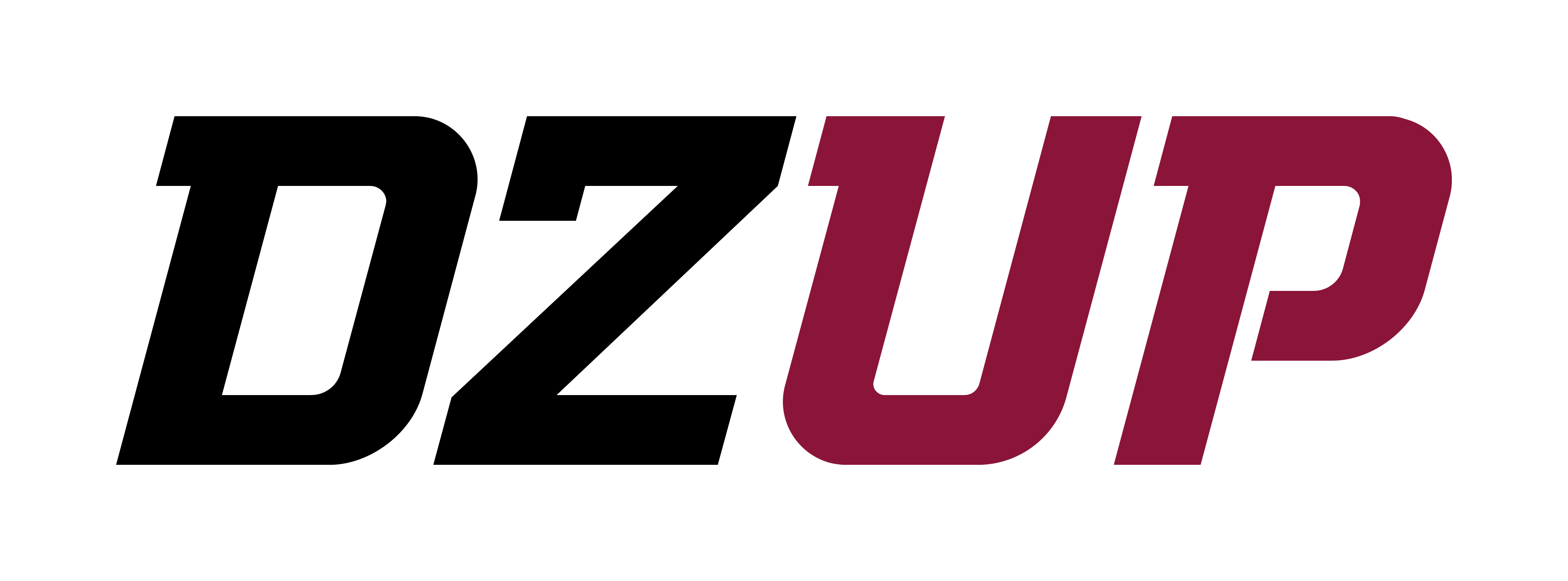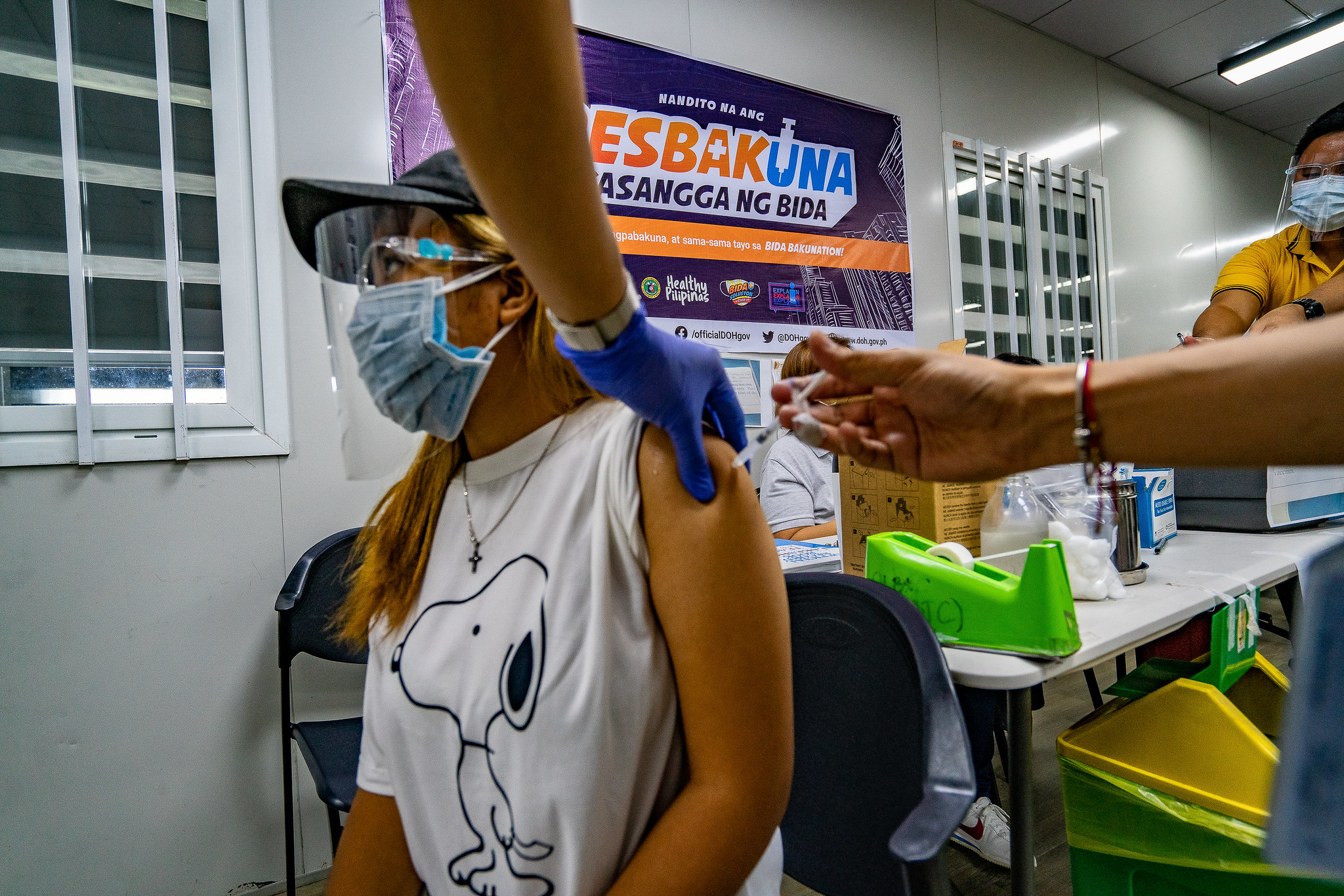The Philippine government approved the proposed mandate of requiring eligible on-site workers in areas with sufficient COVID-19 vaccine supply to be inoculated, beginning Dec. 1.
The latest pronouncement was confirmed by Presidential Spokesperson Harry Roque on Nov. 12, as agreed upon by the country’s Inter-Agency Task Force for the Management of Emerging Infectious Diseases (IATF).
“In areas where there are sufficient supplies of COVID-19 vaccines, COVID-19 vaccination of eligible employees tasked to do on-site work shall be required by all establishments and employers in the public and private sector,” he explained.
In addition, Roque adds that no unvaccinated employee shall be dismissed but must regularly yield negative test results when reporting to work.
“Eligible employees who remain to be unvaccinated may not be terminated but they shall be required to undergo regular RT-PCR testing, or antigen tests, at their own expense,” he added.
Employees who opt to receive their COVID-19 jabs during their working hours shall not be deemed absent. A proof of the employee’s confirmed vaccination schedule will be required.
For individuals who are not yet qualified to be inoculated, Roque says that “only the presentation of a medical clearance issued by a government health office, or birth certificate, as the case may be, shall serve as sufficient and valid proof of ineligibility for vaccination.”
Moreover, eligible public transportation workers must be fully vaccinated before their employers can resume normal operations.
READ: 30 percent ng mag-aaral, nakatanggap na ng unang iniksyon laban COVID-19: CHED
Public and private establishments, excluding frontline and emergency services, are allowed to “validly refuse entry and/or deny service to individuals who remain to be unvaccinated, or are merely partially vaccinated, despite being eligible for vaccination.”
Furthermore, the presidential spokesperson said that all local government units are “strongly enjoined” to incentivize fully vaccinated individuals.
Government agencies are also requested to “implement measures prioritizing fully vaccinated individuals availing of government programs and services.”
The aforementioned developments come in light of the government’s bid to ramp up the ongoing inoculation drive in the country upon the stabilizing vaccine supply to date and nationwide implementation of the alert level system. DZUP

